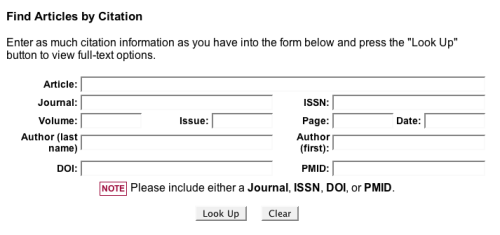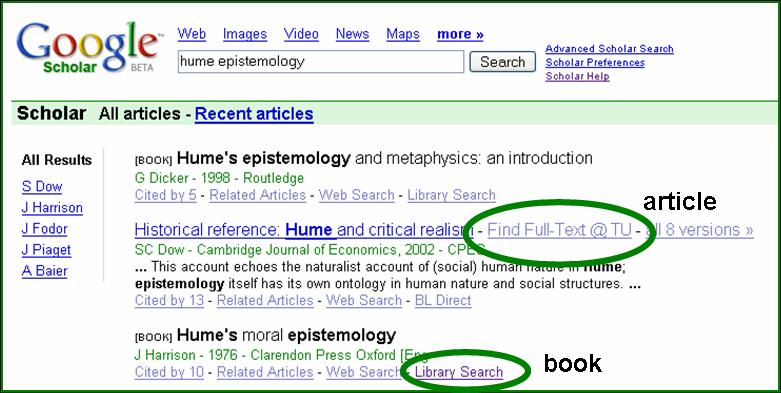A Temple News reporter recently asked me about underutilized library resources. She wanted to know which resources, if more widely known, would have the greatest positive impact on students’ research. At first I thought about JSTOR,Periodicals Archive Online, and other high-profile journal databases. After some additional thought I began to realize that another category of resources receives far too little attention in today’s research environment. I’m talking about general reference material — scholarly encyclopedias, dictionaries, handbooks, statistical sources, and bibliographies. After all, finding reliable background information — a primary purpose of reference works — is absolutely critical to good research. Temple subscribes to several databases that provide digital versions of traditional encyclopedias and other reference sources. Among these databases are ABC-CLIO eBooks, Cambridge Companions, Credo Reference (formerly xreferplus), Gale Virtual Reference Library, netLibrary Reference Center, Oxford Reference Online, Reference Universe, and Sage eReference.
For history researchers, each of these databases has something to offer. Here I will highlight the Gale Virtual Reference Library, a database that provides full-text access to twenty history reference works, including these four noteworthy titles:

Encyclopaedia Judaica: Provides an exhaustive and organized overview of Jewish life and knowledge from the Second Temple period to the contemporary State of Israel, from Rabbinic to modern Yiddish literature, from Kabbalah to Americana and from Zionism to the contribution of Jews to world cultures, Encyclopaedia Judaica, 2nd edition is important to scholars, general readers and students.

Encyclopedia of European Social History: This six-volume reference includes more than 230 articles, ranging from 5,000 to 10,000 words, on everything from serfdom and the economy, to witchcraft and public health.

Encyclopedia of the Modern Middle East and North Africa: The set covers the modern history of the Middle East and North Africa, with major sections on Colonialism and Imperialism, the World Wars, the Israeli-Palestinian conflict and the United Nations involvement in the region. Each country in the region is reviewed, detailing its population, economy and government.

New Dictionary of the History of Ideas: A six-volume survey of the history of Western thought and culture, presented through 700 alphabetically arranged entries. Each entry explores the origin, cultural interpretations, and historical themes of such subjects as beauty, love, feminism, diversity, and social capital, among many others.


